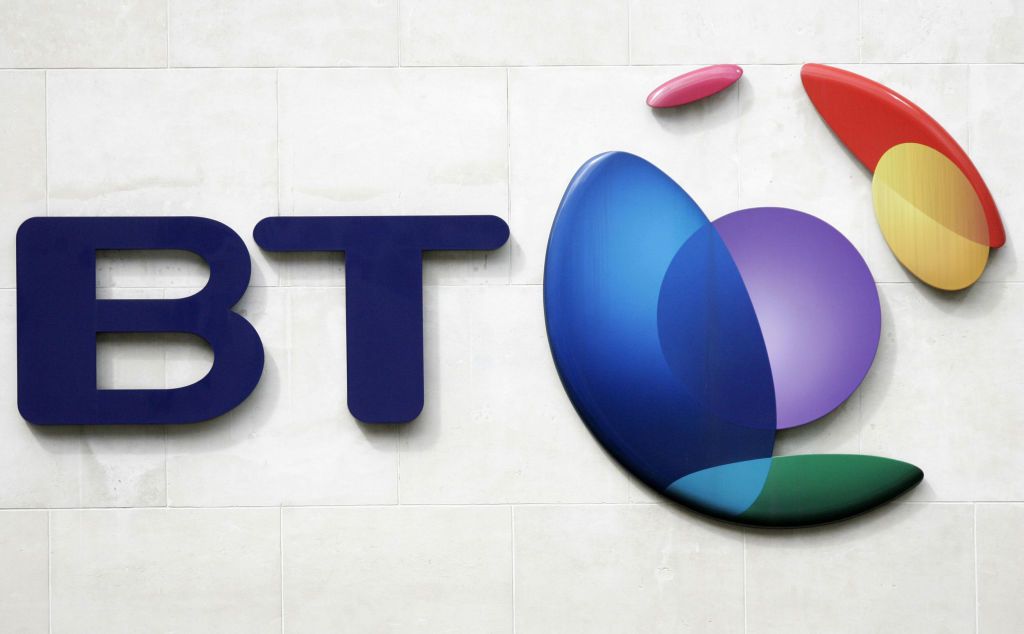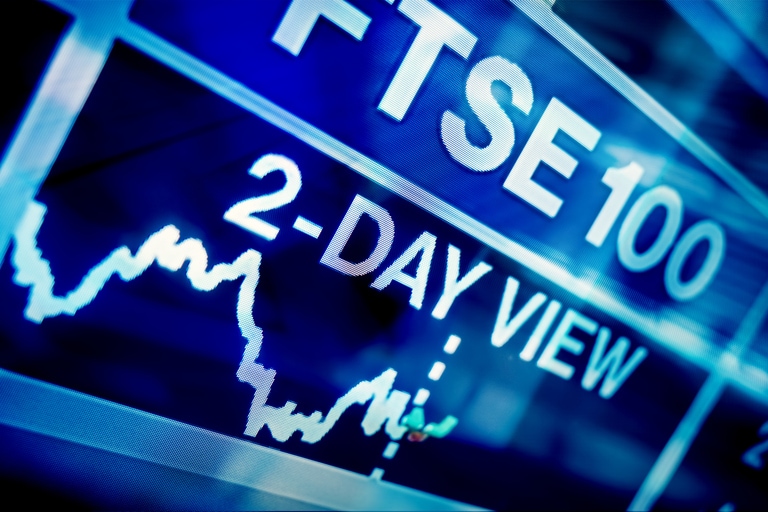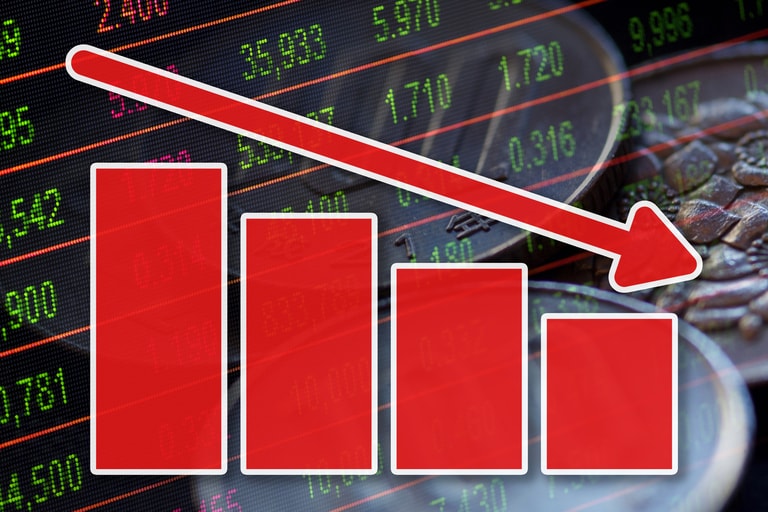It’s not been a great five years for BT shareholders, with BT's share price falling from record highs at the beginning of 2016, as the company strives to compete on multiple fronts.
In that time BT Group’s share price has lost over 70% of its value, as it strives to compete across mobile, TV, broadband as well as its enterprise division, with only its Openreach division offering any sort of value, given the higher margins in that business.
BT share price drops sharply as dividend suspended
Rising debt levels and increasing capex have raised questions about the sustainability of the dividend in the short term, so this morning’s announcement of a dividend suspension until 2022 shouldn’t have come as too much of a surprise, even if it is disappointing for shareholders, with the BT share price dropping sharply on the open.
Management have cited the Covid-19 crisis as the main reason for the suspension, as the company strives to create extra head room as usage of the network increases due to the lockdown, and BT looks to build resilience, as well as spending huge amounts of money in accelerating the build of its FTTP network, with a target of 20m homes by the mid to late 2020s, and a target of over 2m in 2020/2021. The company is also spending a great deal of money investing in 5G technology.
While that is no doubt a valid reason, the redirection of this cash may well also be as a response to this morning’s announcement of a deal between Telefonica and Liberty Global, as they look to park their tanks on BT’s lawn. BT’s net debt is already quite high, rising to £17.9bn this year already, so it was inevitable that something had to give in terms of payouts relative to capex.
Full-year revenue came in at £22.9bn, down from £23.4bn last year, while full year pre-tax profit came in at £2.35bn. After-tax profit came in at £1.7bn. In terms of the outlook, the ante has been upped by the deal between Virgin Media owner Liberty Global, and O2’s Telefonica, as the battle for mobile, broadband and TV market share intensifies across this sector.
BT has been struggling with falling revenues and higher costs for a while now, and that was even before the impact of the Italian accounting scandal which cost the business over £250m in 2017. The company’s acquisition of EE for £12.5bn, which completed in January 2016, was expected to be the final piece of the puzzle in what was expected to be a fully operational quad play service of home phone, broadband, TV and mobile contracts into a one size fits all package. It was also expected to cement BT’s position as the biggest service provider in the UK, as it spent money on sports rights to encourage take up of its BT Sport offering, putting it in direction competition with Sky. This attempt to take on Sky has met with mixed success, with ever higher spending on Premier League and Champions League Football adding to the overall cost base.
Since then a tough market in broadband and mobile has also hit margins in its consumer division, while Enterprise and the Global divisions are having to cope with rapidly changing business environments, as fixed phone lines get used less. On the plus side, its Openreach division has the chance to benefit from the rollout of the high-speed broadband the UK needs, but only if it is kept under the BT umbrella. Pressure has been building from BT’s rivals for it to be spun off into a separate entity given the advantage it gives BT in terms of managing the UK’s infrastructure needs.
On the downside, BT is having to spend increasing amounts of money in building high-speed broadband and 5G networks, to help maintain its market position, at a time when its debt levels have continued to rise, and its free cashflow has shrunk.
Liberty Global agrees deal with Telefonica
The multibillion-pound deal announced today between Liberty Global and O2 owner Telefonica to merge O2’s UK operations and Virgin Media is likely to be a concern for BT management, in a sector which is already dominated by BT and Sky in terms of mobile and TV. The costs to BT in competing this market are quite clear given recent declines in the share price, a problem that has seen O2 owner Telefonica also struggle with high debt levels.
The deal with Liberty Global will help Telefonica reduce its own debt problems, while at the same time highlighting the same challenges that are being faced by all the main protagonists in this extremely competitive market for the nation’s eyeballs. It also sees Virgin Media’s TV clients get access to one of the UK’s largest mobile network, while O2 customers get access to a large repository of online and streaming content, as the battle for a single packaged quad play solution ramp up.
Against this type of backdrop and competition it is therefore not a surprise to see BT looking to redirect cash to where it is most needed, in its infrastructure, as it looks to secure a future role in not only 5G but also high-speed fibre, over the next decade. Of course this Telefonica-Liberty Global deal will have to pass muster by the Competition and Markets Authority (CMA) and given their recent record that is by no means a slam dunk.
In terms of the outlook, BT didn’t provide one for 2020/2021, perhaps not surprising given the circumstances.
CMC Markets erbjuder sin tjänst som ”execution only”. Detta material (antingen uttryckt eller inte) är endast för allmän information och tar inte hänsyn till dina personliga omständigheter eller mål. Ingenting i detta material är (eller bör anses vara) finansiella, investeringar eller andra råd som beroende bör läggas på. Inget yttrande i materialet utgör en rekommendation från CMC Markets eller författaren om en viss investering, säkerhet, transaktion eller investeringsstrategi. Detta innehåll har inte skapats i enlighet med de regler som finns för oberoende investeringsrådgivning. Även om vi inte uttryckligen hindras från att handla innan vi har tillhandhållit detta innehåll försöker vi inte dra nytta av det innan det sprids.






